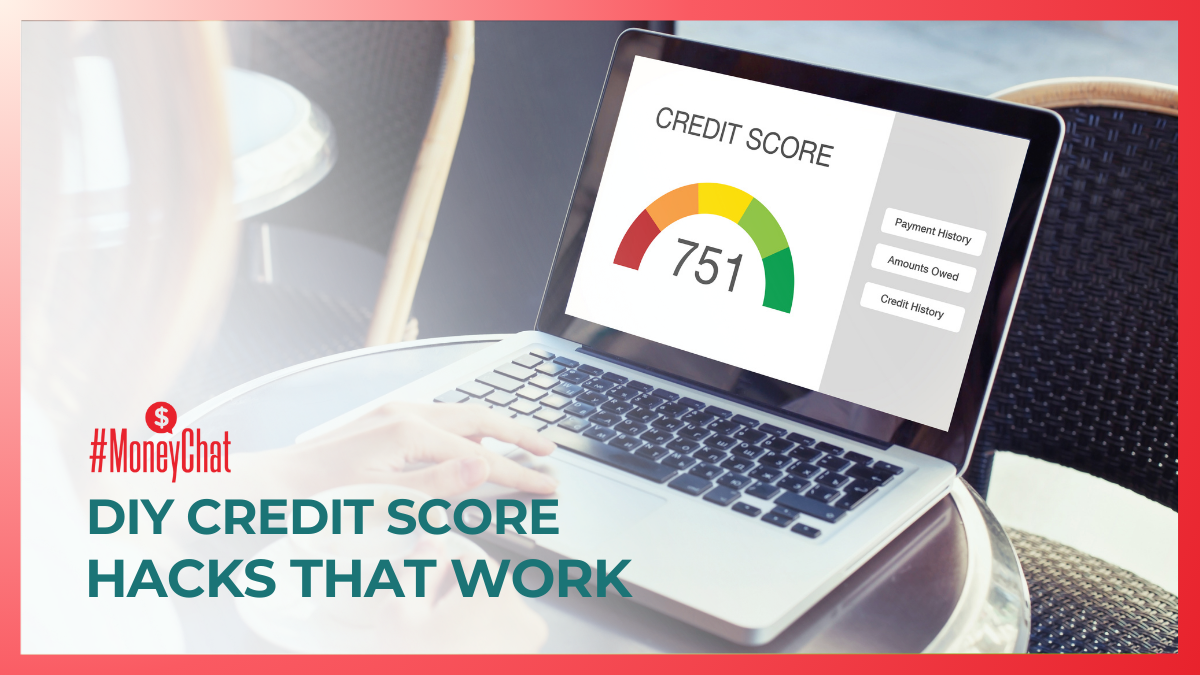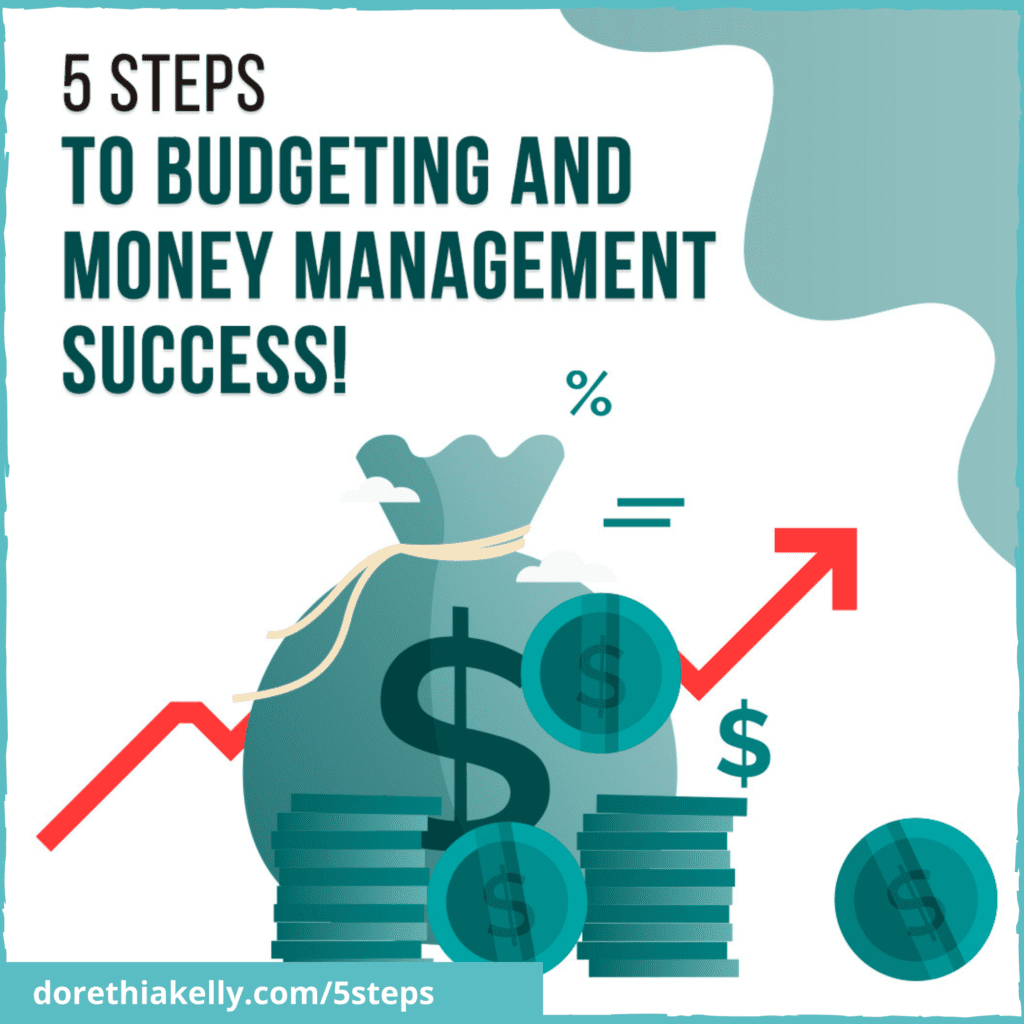Your credit score can open doors to financial opportunities or shut them firmly. According to a NerdWallet survey, four out of five Americans are trying to improve their credit score and at least 43% say their credit score has negatively impacted them in the past. For many people, a credit score increase sounds like a great idea but some aren’t sure where to start.
For anyone looking to build their credit, a good credit score is crucial for achieving major financial goals—whether that’s buying a home, securing a loan, or even landing your dream job. If you’re looking to real ways to build your credit on your own, keep reading.
Why Credit is Important?
Credit is important because it shows lenders whether you’re a responsible borrower. A higher credit score indicates less risk to the lender while a lower credit score typically means more risk. With good credit, you’re more likely to qualify for loans and credit cards with lower interest rates, saving you money over time. A higher credit score can secure you a better mortgage rate, significantly reducing the total cost of a home loan.
Lenders are more willing to approve loans, including personal, auto, and home loans, for individuals with good credit. Better credit can lead to higher credit limits for credit cards, providing more financial flexibility. Credit cards with competitive rewards programs, such as cash back or travel points, are often available to those with credit cards.
On the flip side, a poor credit score can lead to high interest rates which increases the cost of borrowing money. A low credit score can also lead to you getting denied for loans and credit cards altogether.
What is a ‘Good’ Score?
Having good credit offers a variety of benefits that can positively impact your financial life. But what exactly does a ‘good’ credit score look like? Credit scores typically range from 300 to 850. According to Equifax, a good credit score ranges from 670 to 739. A fair credit score ranges from 580 to 669 and a poor credit score ranges from 300 to 579.
How to Get a Credit Score Increase on Your Own
No matter where you stand, the good news is that you can always work to improve your credit score. Before you consider hiring someone to do this or working with a credit repair agency, realize that there are several proven and easy hacks you can start implementing to achieve good or excellent credit.
Download the new free Credit Hacks Guide to get started.

With this credit guide, you’ll get access to:
- 5 easy credit hacks that really work and step-by-step directions to implement them
- In-depth strategies for paying down credit card debt
- Insider knowledge on how certain events (like foreclosure, a missed loan payment, or hard credit inquiry) can damage your credit score and by how many points
- Referrals to credible tools to speed up your results
- Resources that can help you improve your score
- Directions for disputing inaccurate information found on your credit report
- And more credit score increase tips!

This credit guide is packed with valuable information to help you understand exactly how credit works and how to not only fix your credit but maintain a good score long-term. It’s also something that you can do on your own without hiring a third-party company.
Think Advanced Strategies
Many of us have heard credit repair tips such as “make sure you pay your bills on time” or “consider a quality secured credit card”. These are great ideas that do help, but in this credit guide we’ll take things a step further and discuss additional actionable strategies and resources to help you get results.
We start with five key credit hacks and clear action steps so you can start implementing changes right away. Even if you have an average credit score already, it’s important to continue monitoring and maintaining it for future opportunities.
Better Credit Can Also Help You Reach Your Goals
Whether you’re looking to buy a home, start a business, or simply have more financial freedom, improving your credit score is an important step toward achieving those goals. By understanding the factors that impact your credit score and taking proactive steps to improve it, you can pave the way for a brighter financial future.
Remember, building good credit takes time and effort, but the long-term benefits are worth it. So don’t wait any longer – start working on improving your credit today. Download your Credit Hacks guide here.












0 Comments